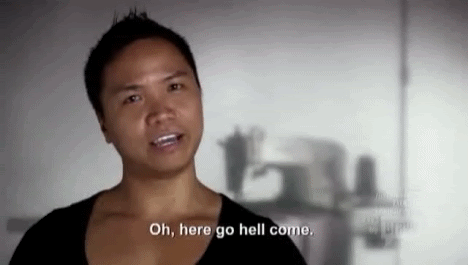- Joined
- Feb 12, 2011
- Messages
- 4
- Reaction score
- 0
The title says it all. I was told today by a new grad ICU nurse that her preceptor (a graduating nurse practitioner) claims that the move to the DNP was in an effort to phase out PAs. Of course that's ridiculous and I stated as much but it's also infuriating and insulting to hear (especially since the other nurses there share the same view). I told her that PA education comes from a medical and not nursing background and is usually considered more rigorous than NP education. On the national average PAs make more (due to specialties) and are governed by a different board than nurses.
The new grad replied that NPs have more education due to obtaining a doctoral degree and are more widely used so it makes sense that they would be replacing PAs altogether. My main question is: how do you all (mainly asking PAs here) handle these sorts of rumors and accusations? I know I shouldn't be bothered by petty misconceptions but how can I not be annoyed at the very least when someone spews stuff like this and then defends it?
/rant over
The new grad replied that NPs have more education due to obtaining a doctoral degree and are more widely used so it makes sense that they would be replacing PAs altogether. My main question is: how do you all (mainly asking PAs here) handle these sorts of rumors and accusations? I know I shouldn't be bothered by petty misconceptions but how can I not be annoyed at the very least when someone spews stuff like this and then defends it?
/rant over

